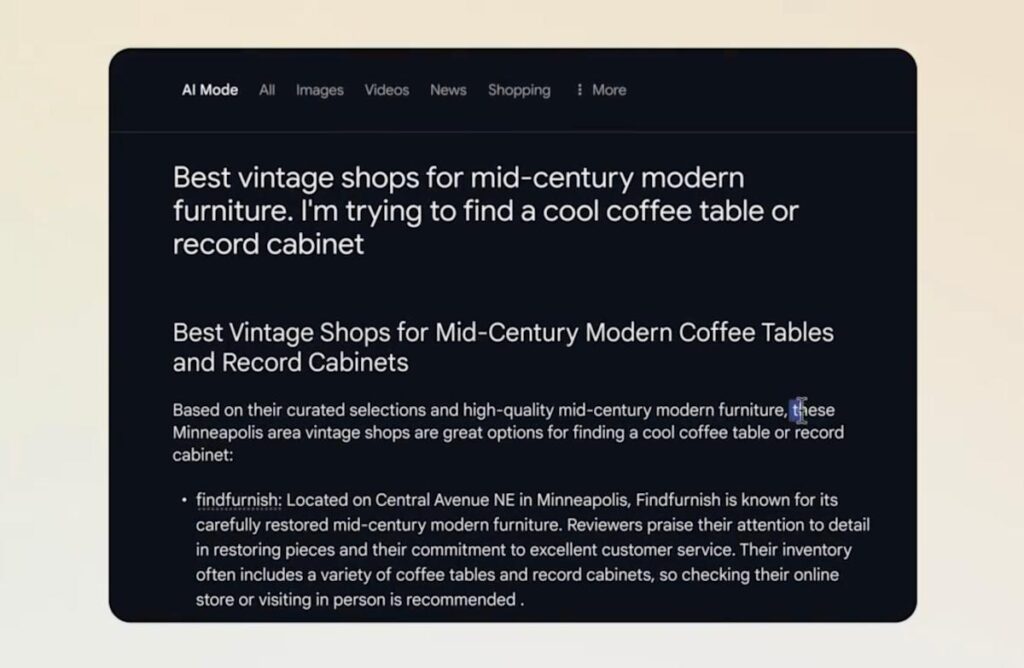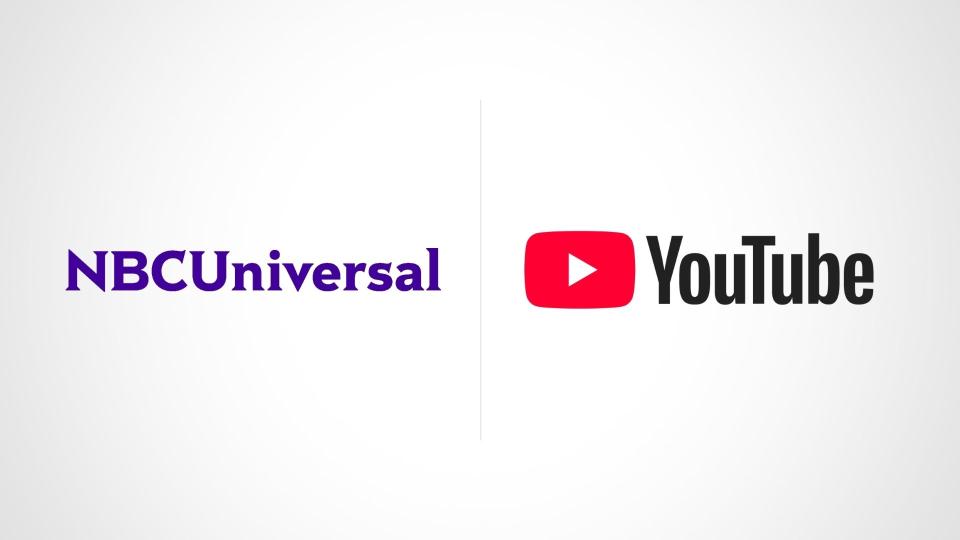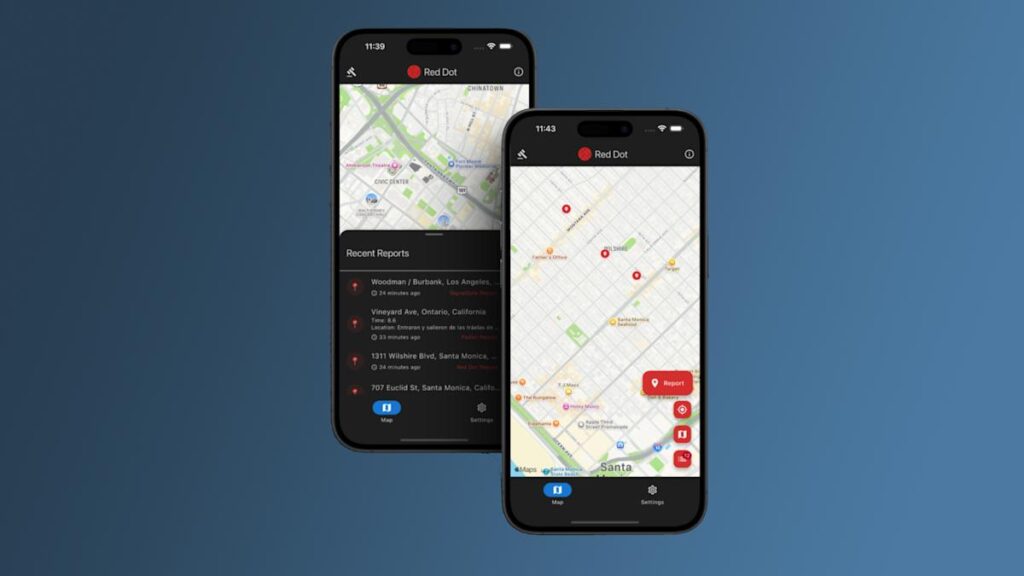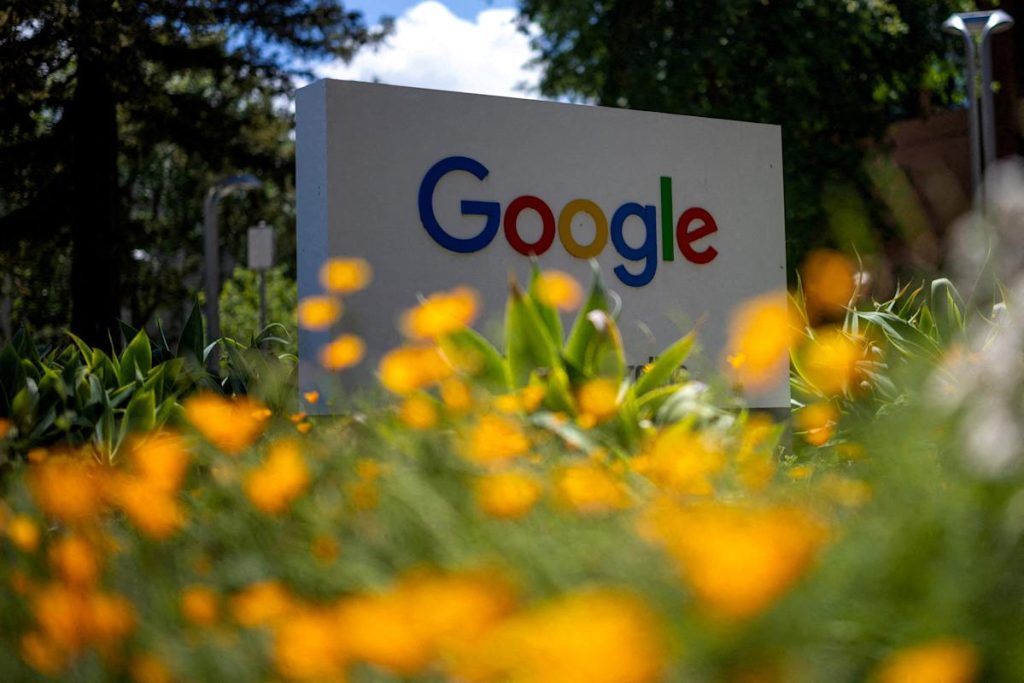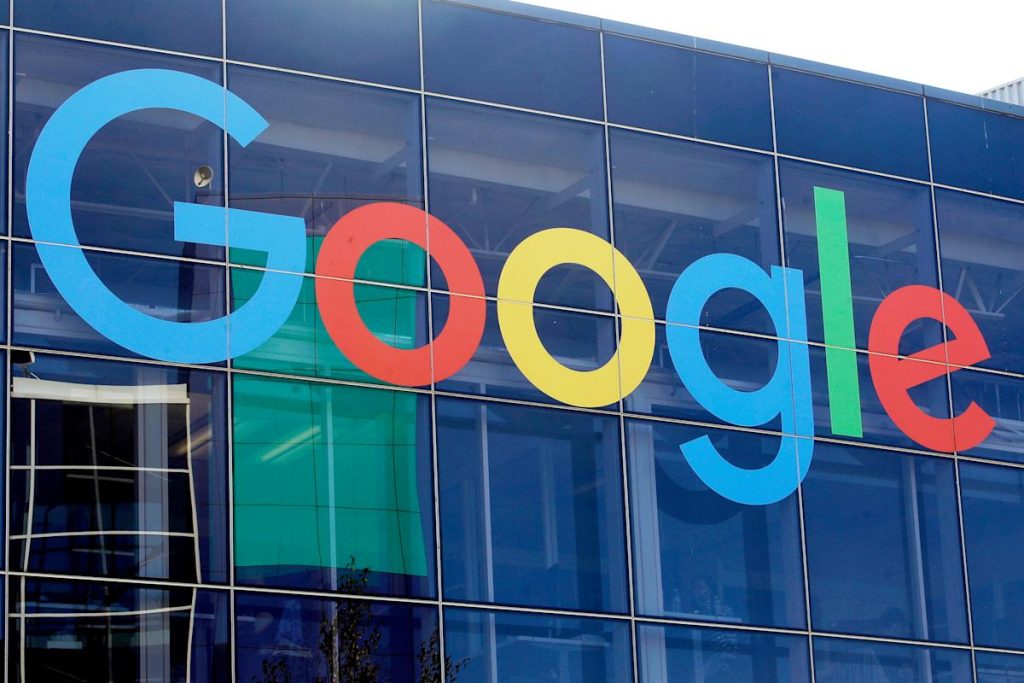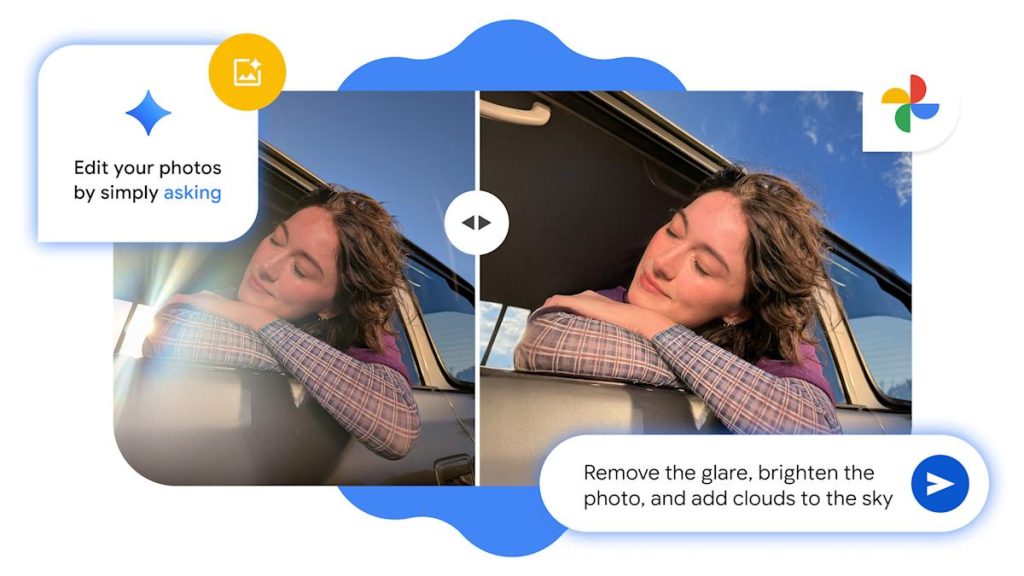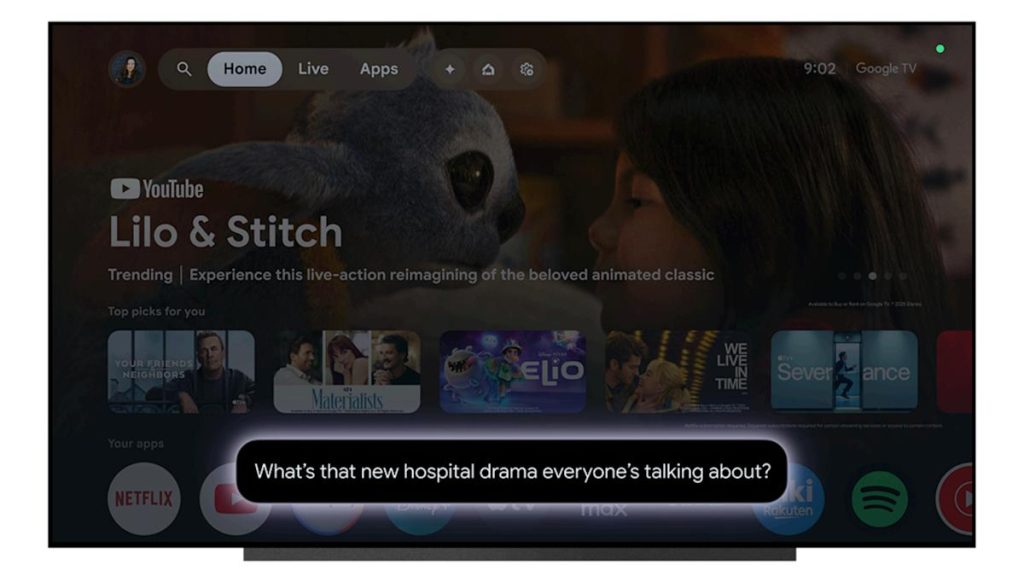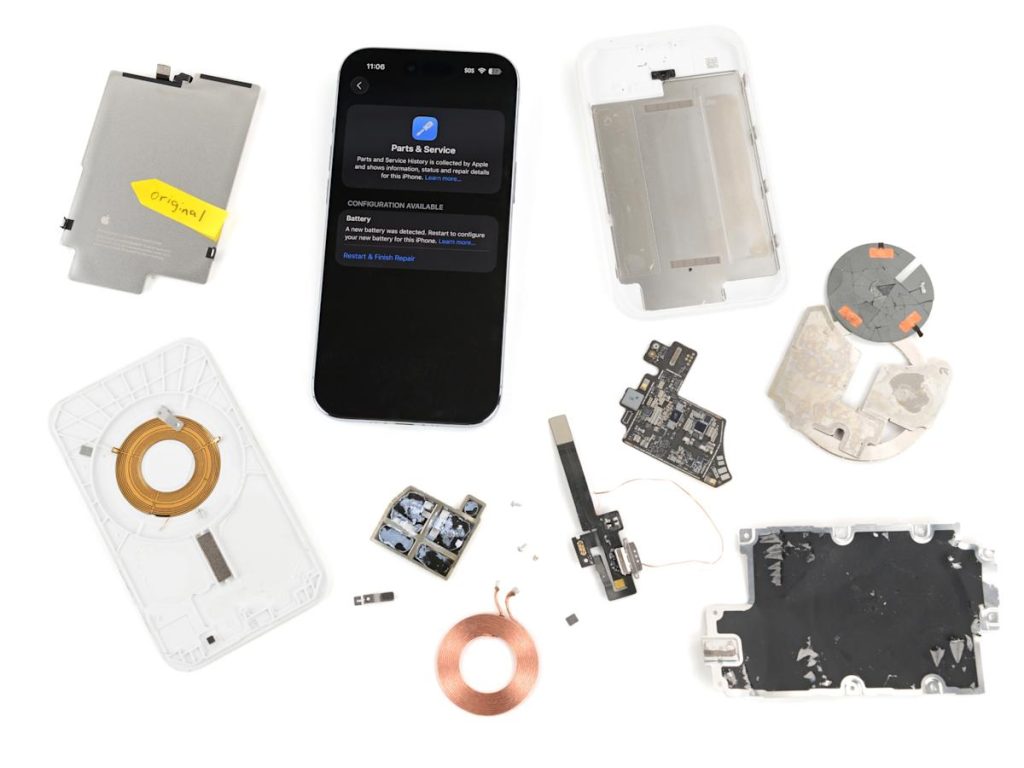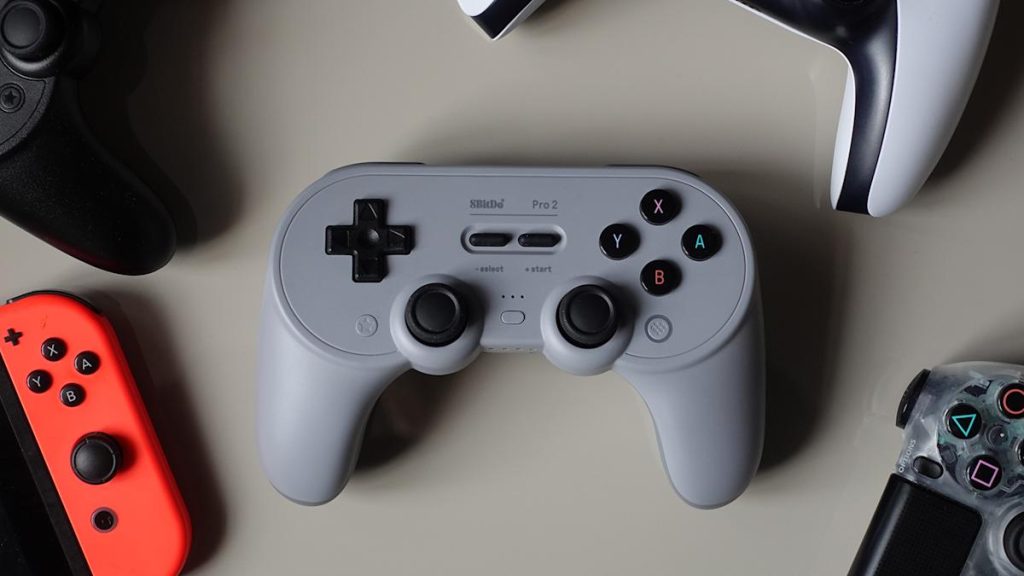Google doesn’t have to sell Chrome, judge in monopoly case rules
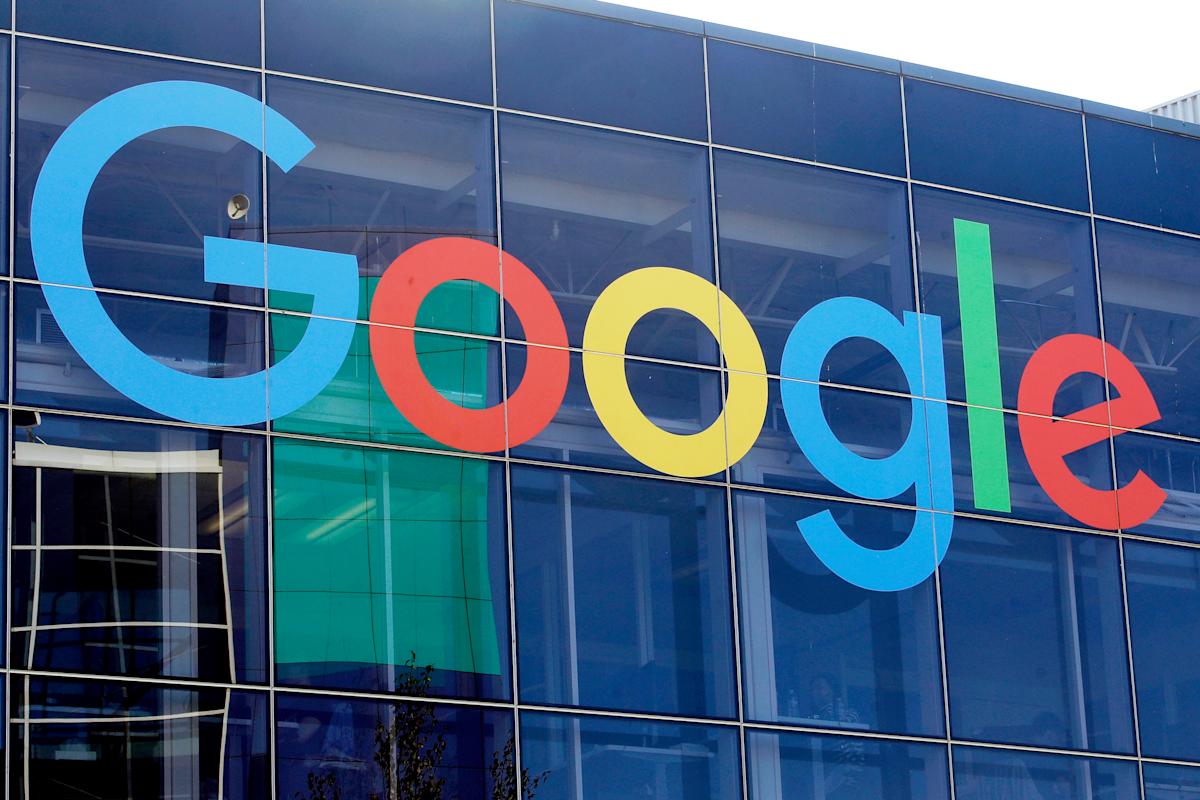
Google will not have to divest its Chrome browser but will have to change some of its business practices, a federal judge has ruled. The ruling comes more than a year after the same judge ruled that Google had acted illegally to maintain a monopoly in internet search.
Following the ruling last year, the Department of Justice had proposed that Google should be forced to sell Chrome. But in a 230-page decision, Judge Amit Mehta said the government had “overreached” in its request. “Google will not be required to divest Chrome; nor will the court include a contingent divestiture of the Android operating system in the final judgment,” Mehta wrote. “Plaintiffs overreached in seeking forced divesture of these key assets, which Google did not use to effect any illegal restraints.”
Google will, however, no longer be permitted to strike exclusive deals around the distribution of search, Google Assistant, Gemini or Chrome, Mehta ruled. For example, Google can’t require device makers to pre-load its app apps in order to get access to the Play Store. It also can’t condition revenue-sharing arrangements on the placement of its apps. But Google will be able to continue to pay partners — like Apple — for pre-loading search and other apps into their products. Mehta said that ending these arrangements could cause “downstream harms to distribution partners, related markets, and consumers.”
Google didn’t immediately respond to a request for comment. The company has previously indicated it plans to appeal the ruling, but said in June it would wait for the court’s opinion.
Developing…


